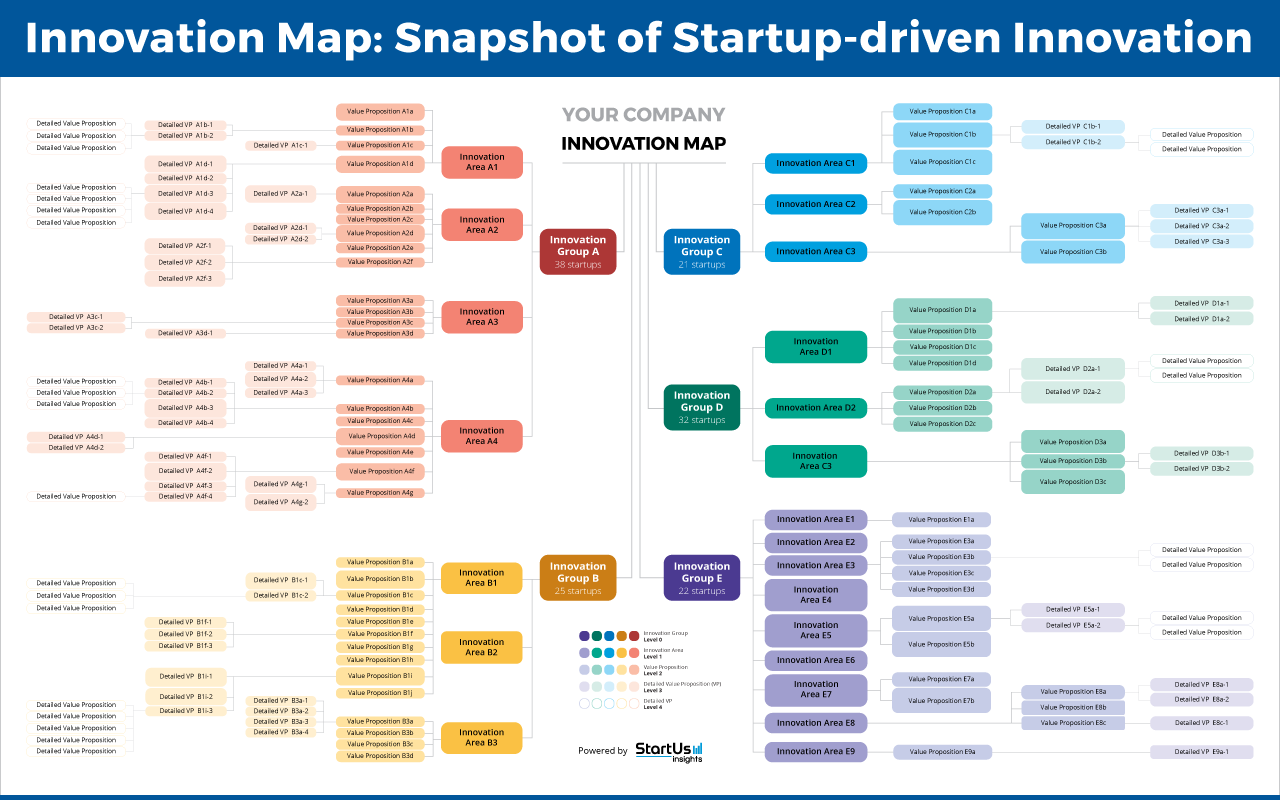
Introduction
Imagine a future where India stands tall as a global startup powerhouse, buzzing with innovation and entrepreneurial spirit. This vision is rapidly becoming a reality, with projections indicating that the number of startups in India will more than double to 240,000 by 2030, potentially generating up to 50 million jobs. For the ambitious youth of today, this burgeoning ecosystem offers a golden opportunity to craft their own success stories from the ground up.
Table of Contents
Sr. Headings
1. Introduction
2. The Current Landscape of India’s Startup Ecosystem
3. Government Initiatives Fueling Startup Growth
4. Emerging Sectors with High Potential
5. Challenges Faced by Aspiring Entrepreneurs
6. Building a Successful Venture: A Step-by-Step Guide
7. The Role of Education in Entrepreneurial Success
8. Leveraging Digital Marketing in the Startup Journey
9. Case Studies: Inspiring Success Stories
10. Networking and Mentorship: Keys to Growth
11. Conclusion
12. FAQ’s
The Current Landscape of India's Startup Ecosystem
India’s startup scene is vibrant and dynamic, making it the third-largest startup ecosystem globally. With over 120,000 startups registered in the past decade, the nation has become a fertile ground for innovation and entrepreneurship. This rapid growth is fueled by a young, tech-savvy population eager to embrace new challenges and opportunities.
Government Initiatives Fueling Startup Growth
Recognizing the potential of startups to drive economic growth, the Indian government has rolled out several initiatives:
Startup India:
Launched to provide tax benefits, easier compliance, and funding support to startups.
Atal Innovation Mission:
Established to promote a culture of innovation and entrepreneurship through mentorship and support.
These programs create a conducive environment for budding entrepreneurs to thrive.
Emerging Sectors with High Potential
Certain sectors are poised for exponential growth, offering lucrative opportunities:
Technology and AI:
With India’s AI services projected to reach $17 billion by 2027, tech startups have a vast playground.
Edtech:
The Indian edtech startup ecosystem is experiencing exponential growth, presenting a market opportunity exceeding $29 billion by 2030.
Challenges Faced by Aspiring Entrepreneurs
Access to Funding:
Securing initial capital can be daunting without the right networks.
Market Competition:
Standing out in a crowded market demands unique value propositions and strategic marketing.
Regulatory Hurdles:
Navigating complex regulations requires diligence and sometimes legal assistance.
Building a Successful Venture: A Step-by-Step Guide
1. Identify a Problem: Start by pinpointing a real-world problem that needs solving.
2. Conduct Market Research: Validate your idea by understanding the target market and existing solutions.
3. Develop a Business Plan: Outline your business model, revenue streams, and growth strategies.
4. Build a Prototype: Create a minimum viable product (MVP) to test your concept.
5. Seek Feedback: Gather insights from potential users to refine your offering.
6. Launch and Iterate: Introduce your product to the market, monitor performance, and make necessary adjustments.
The Role of Education in Entrepreneurial Success
Education lays the foundation for entrepreneurial skills. Institutions like OCP Academy offer specialized programs such as the Digital Marketing & Analytics with Simulation AI Program and the Digital Marketing Strategies Program, equipping aspiring entrepreneurs with the knowledge and tools to navigate the digital landscape effectively.
Leveraging Digital Marketing in the Startup Journey
In today’s digital age, a robust online presence is crucial. Digital marketing enables startups to reach a broader audience, engage with customers, and build brand loyalty. Utilizing tools like SEO, social media marketing, and content creation can significantly enhance visibility and growth.
Case Studies: Inspiring Success Stories
Networking and Mentorship: Keys to Growth
Building relationships with industry experts and fellow entrepreneurs can provide invaluable insights and opportunities. Participating in startup incubators, attending industry events, and seeking mentorship can accelerate growth and open doors to new possibilities.
Financial Planning and Fundraising Strategies
Effective financial management is critical. Entrepreneurs should:
1. Create Detailed Budgets: Plan for expenses and forecast revenues.
2. Explore Funding Options: Consider bootstrapping, angel investors, venture capital, and crowdfunding.
3. Maintain Financial Discipline: Monitor cash flow and avoid unnecessary expenditures.
Embracing Technology and Innovation
Staying abreast of technological advancements can provide a competitive edge. Incorporating AI, blockchain, and other emerging technologies can enhance products, services, and operational efficiency.
Future Outlook: Preparing for 2030 and Beyond
The entrepreneurial path is fraught with uncertainties. Resilience helps in overcoming setbacks, while adaptability ensures that businesses can pivot in response to market changes and emerging trends.
The Importance of Resilience and Adaptability
As India marches towards becoming a global startup hub by 2030, the landscape will continue to evolve. Entrepreneurs should focus on continuous learning, leveraging emerging opportunities, and contributing to the nation’s innovation ecosystem.
Conclusion
The journey to building a successful venture from scratch is both challenging and rewarding. With India's startup ecosystem poised for unprecedented growth, now is the time for aspiring entrepreneurs to take the plunge. Equipping oneself with the right skills and knowledge is crucial. Lean Diploma & PG Diploma with OCP Academy & Become an Entrepreneur Explore programs like the Digital Marketing & Analytics with Simulation AI Program and the Digital Marketing Strategies Program at OCP


India’s rise as a startup hub is fueled by a young, tech-savvy population, supportive government initiatives like Startup India and Atal Innovation Mission, and significant advancements in sectors such as technology, artificial intelligence, and space technology.
The number of startups in India is expected to more than double, reaching over 200,000 by 2030.
Key initiatives include:
Startup India: Offers tax benefits, easier compliance, and funding support to startups.
Atal Innovation Mission (AIM): Promotes innovation and entrepreneurship through programs like Atal Tinkering Labs and Atal Incubation Centres.
OCP Academy offers expert-led courses, hands-on projects, cutting-edge curriculum, and a supportive community, ensuring you gain practical skills and up-to-date knowledge in immersive marketing.
Common challenges include:
Access to Funding: Securing initial capital can be difficult without the right networks.
Regulatory Hurdles: Navigating complex regulations requires diligence and sometimes legal assistance.
Market Competition: Standing out in a crowded market demands unique value propositions and strategic marketing.
Education equips aspiring entrepreneurs with essential skills and knowledge. Institutions like OCP Academy offer specialized programs such as the Digital Marketing & Analytics with Simulation AI Program and the Digital Marketing Strategies Program, providing tools to navigate the digital landscape effectively.
Digital marketing enables startups to reach a broader audience, engage with customers, and build brand loyalty. Utilizing tools like SEO, social media marketing, and content creation can significantly enhance visibility and growth.
Building relationships with industry experts and fellow entrepreneurs provides invaluable insights and opportunities. Participating in startup incubators, attending industry events, and seeking mentorship can accelerate growth and open doors to new possibilities.
Effective financial management involves:
Creating Detailed Budgets: Planning for expenses and forecasting revenues.
Exploring Funding Options: Considering bootstrapping, angel investors, venture capital, and crowdfunding.
Maintaining Financial Discipline: Monitoring cash flow and avoiding unnecessary expenditures.
India’s startup ecosystem is poised for unprecedented growth, with projections indicating significant increases in the number of startups and job creation by 2030. Entrepreneurs should focus on continuous learning, leveraging emerging opportunities, and contributing to the nation’s innovation ecosystem.








